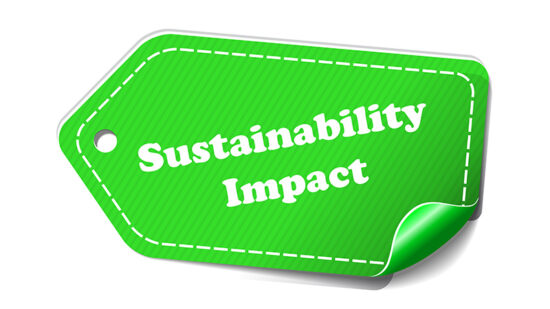Speaking at a Morningstar Investment Conference, Odey said investors have seen the euro as a proxy for the drachma over the last year. But “we can also see it as the Deutschmark in drag”, he noted, before predicting a spike in German inflation.
“Germany will have the highest inflation rates in Europe by the end of this year,” he said, suggesting that one reason for the resignation of Bundesbank president Axel Weber was the fact that, for Germany, rates are at the wrong place for this point in the economic cycle.
Though Odey sees this trend as helping “float the whole of Europe” and hence easing some of the pressure on the eurozone, he says countries such as Germany are eventually going to have to deal with the consequences of such inflation.
That tipping point will draw closer as Western economies become more competitive against emerging markets, the manager suggests. He says this gradual trend is already underway, noting that emerging market wage inflation stood at 10% last year, whereas in Ireland wages fell by 10%.
Odey noted that this EM wage inflation means commodity prices are unlikely to fall from their current levels but believes it is, ultimately, the emergence of wage inflation in Western economies that will have a knock-on effect on headline inflation levels, interest rates and other economic indicators.
“We are not going to see any rate rises until wage inflation is very much on the upcurve. How I look at the world in this regard is different to the likes of Bill Gross at Pimco – the key issue is not going to be markets telling governments they are bankrupt, it will be higher wages feeding through the system. When this comes through it will be like a flood”.
“This scenario will take place when emerging markets end up with current account deficits courtesy of the inflation they’re currently experiencing,” Odey said.
“When that happens, we want our portfolios to be in the West selling into emerging markets, which is not exactly where we have been over the past 15 years: in the East selling into the West.”
Europe: pluses and minuses
“The fact that Greece is in default basically hurries this process through”, Odey added, but he admitted that he is unsure of how best to resolve the Greek situation itself, given the entrenched interests involved, saying: “after two years of crisis, Greek debt is essentially in the hands of the authorities.”
That scenario feeds through into other areas of Europe: the refusal of the German Landesbanken (savings banks) to admit they need more capital rather than simply relying on the state for implicit support means “the German banking system is completely bust”.
“The EU is still likely to raise rates – they would rather save the banking system than worry about deflation”, he said.
Despite such concerns, Odey sees big opportunities in Germany, where “profits are going to be much higher than expected”, in part because of his belief in the inflation case.
He particularly likes semiconductor producer Infineon and Sky Deutschland, suggesting that the latter is a kind of cloud network akin to the kind of firm now starting to dominate the tech industry in the US. “The technology used to be in the box, but now it is in the software. They are just at the beginning of a fantastic cashflow story”.







